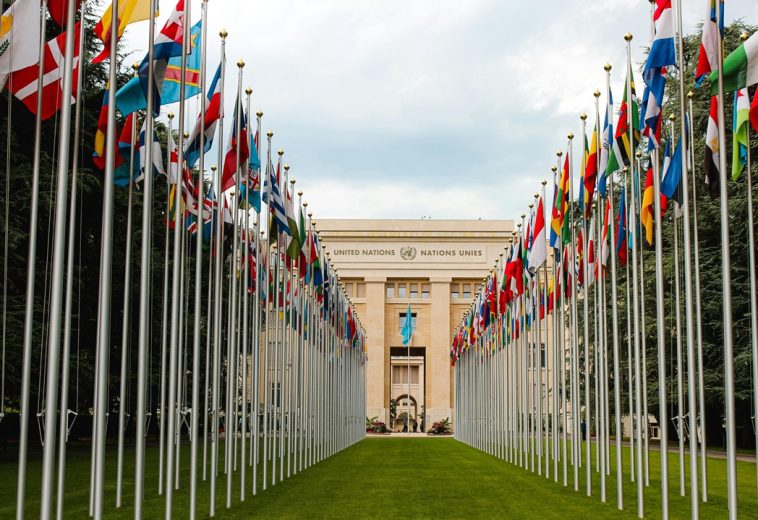Across Africa, women are driving a quiet revolution in agriculture. For generations, they have worked the land, planting, weeding, and harvesting, yet their contributions have often gone unrecognised. They even go as far as stepping into leadership roles, shaping policy, expanding trade, and redefining their place in the agricultural sector.
According to the Food and Agriculture Organization (FAO), women make up about 50% of the agricultural labour force in sub-Saharan Africa, where they are primarily responsible for planting, weeding, harvesting, and ensuring food security at the household level. Despite this, their contributions have often been undervalued, with women excluded from key decisions in agricultural policy, production, and trade.
READ ALSO: The Rise of Women in Politics: A Remarkable Journey Towards Gender Parity
As a result of African women increasingly stepping into leadership roles across all facets of agriculture, from farming and agribusiness to research and policy advocacy, they are not only promoting intra-African agricultural development, they are strengthening food security within their countries and fostering trade and collaboration across the continent.
Women are bridging gaps between local and regional markets and advocating for gender-responsive policies. One key initiative unlocking the potential of African women in agriculture is the African Union’s Malabo Declaration, which sets ambitious sustainable targets for agriculture and food security. The declaration promotes policies that empower women farmers by improving access to land, finance, technology, and training, while increasing women’s participation in decision-making processes.
The African Women in Agricultural Research and Development (AWARD) programme has trained and mentored thousands of female agricultural scientists and entrepreneurs. This network of women innovators is advancing technological solutions and agricultural practices suited to African contexts, such as drought-resistant crops and more sustainable farming techniques.
In Ghana, Abena Osei-Asare, a prominent advocate for women in agriculture, works to connect local farmers to regional and global markets. By ensuring that women are well-represented in policy discussions and training initiatives, her efforts help rural women access opportunities in intra-African trade.
By adding value to raw agricultural produce such as maize, cassava, and cocoa, female farmers can extend shelf life, increase profitability, and introduce products that reach beyond national borders. In countries like Nigeria, Zambia, and Malawi, female agribusiness owners are producing a diverse range of processed foods, strengthening intra-African trade and contributing to economic growth.
Despite these advancements, women in agriculture continue to face significant challenges. Land ownership remains a major hurdle, as traditional practices often restrict women’s access to land and resources. In many African societies, inheritance laws favour men, leaving women without ownership rights or collateral for financing.
However, progressive land policies supported by institutions such as the African Development Bank (AfDB) and the International Fund for Agricultural Development (IFAD) are beginning to address these inequities. Initiatives aimed at securing land tenure for women and ensuring equal access to credit and extension services are gradually shifting power dynamics in favour of female farmers.
The ongoing contributions of women in Africa’s agricultural sector are a testament to resilience, ingenuity, and leadership. By continuing to innovate, leading intra-African trade efforts, and advocating for gender-inclusive policies, women are laying the foundation for a more prosperous, food-secure, and sustainable Africa. Through their vision, determination, and expertise, they are not just feeding Africa—they are transforming it.




